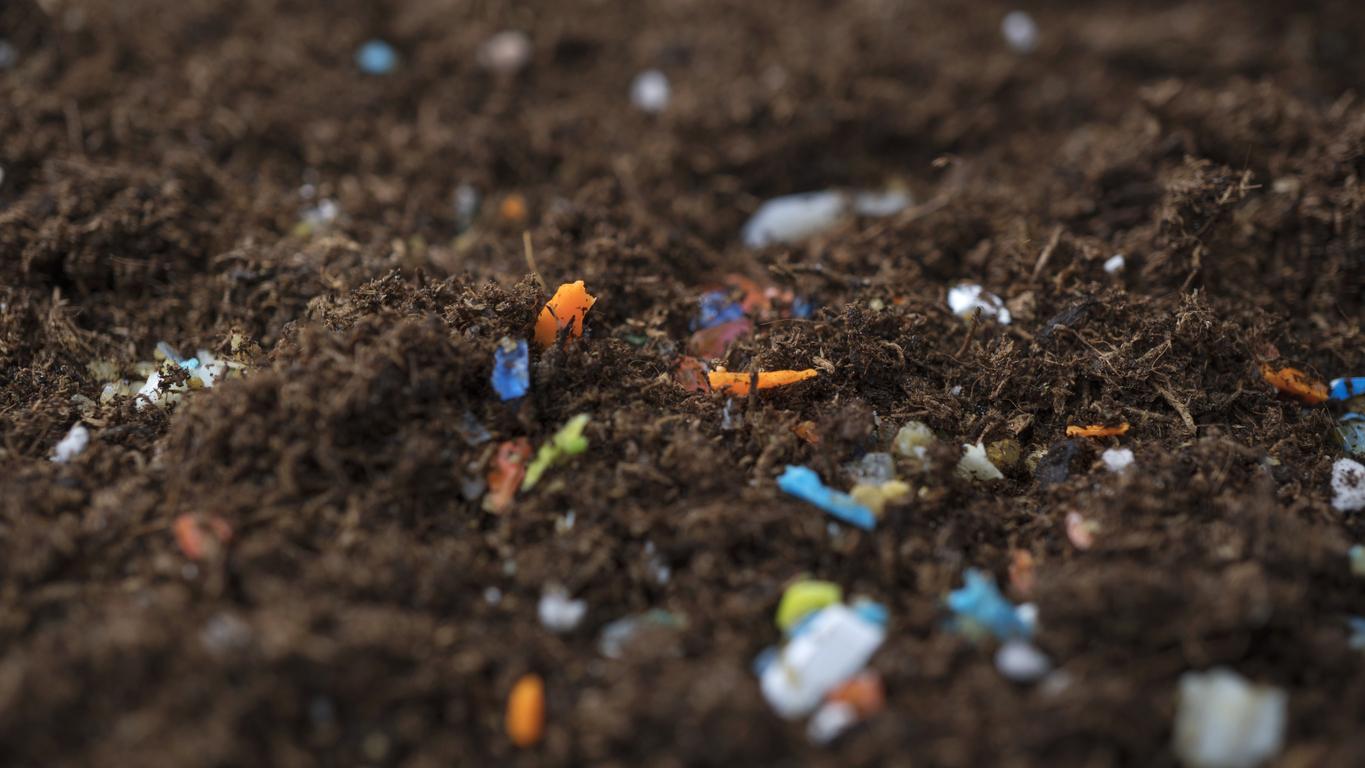People who are not exposed to pesticides in their professional environment are, like farmers, more exposed to Parkinson’s disease.

Many studies have already described the relationship between occupational exposure to pesticides and the occurrence of Parkinson’s disease in farmers and agricultural workers.
But an Inserm team is communicating on Wednesday on the impact of unprofessional exposure to these compounds. In collaboration with Public health France, these French researchers (1) studied the number of new cases diagnosed according to the importance of agricultural activity in each French canton, used as an indicator of the use of pesticides.
The wine-growing areas most at risk
Their conclusions are clear: the incidence of Parkinson’s disease would be all the higher as agricultural activities are developed locally. “The higher the latter, the greater the local number of cases. And with certain crops, such as viticulture, the association seems more pronounced ”, specifies in a press release Alexis Elbaz, who led the study. It increased the local incidence of the disease by about 10%.
“The relationship between wine-growing activity and Parkinson’s disease is more marked in those over 75 years old, compared to younger subjects, regardless of the population analyzed”, furthermore develops the researcher.
As a hypothesis, he suggests that older people may have been exposed longer than others, especially to toxic pesticides which are now banned.
Epidemiologist Alexis Elbaz also considers possible that the weight of environmental factors is more important after 75 years, while genetic susceptibility could play a more important role for cases occurring in the youngest.
Results to be confirmed
This new association with an increased incidence of Parkinson’s disease should be taken with a grain of salt, however, the team admits. “A moderate excess risk could exist, but it would be necessary to be able to confirm it by studies carried out from individual data and not, as here, of data grouped by canton”, recognizes Alexis Elbaz.
Finally, the scientist would like to carry out work to assess the pesticides most at risk: “The application methods, the products used and their quantity depend on the types of agricultural activity. Data on the acute toxicity of chemicals are often available, but data on their neurotoxicity are often lacking ”.
A work in this direction would perhaps make it possible to rule out the compounds most at risk for the population of farmers, such as the general population …
(1) CESP (Inserm unit 1018 / Paris-Sud University / Versailles-Saint-Quentin-en-Yvelines University), Paul brousse Hospital, Villejuif; Public health France, Department of Occupational Health, Saint-Maurice
Parkinson’s and farmers
The Parkinson disease is a neurodegenerative disease in which a specific population of neurons is progressively destroyed, leading to an array of specific symptoms (tremor, slowness and movement coordination disorders, etc.).
Work carried out on cells and animal models has in part made it possible to decipher the mechanisms by which pesticides promote neurodegeneration. Thanks to toxicological and epidemiological data, Parkinson’s disease is now listed on the list of occupational diseases among farmers in France.
.















